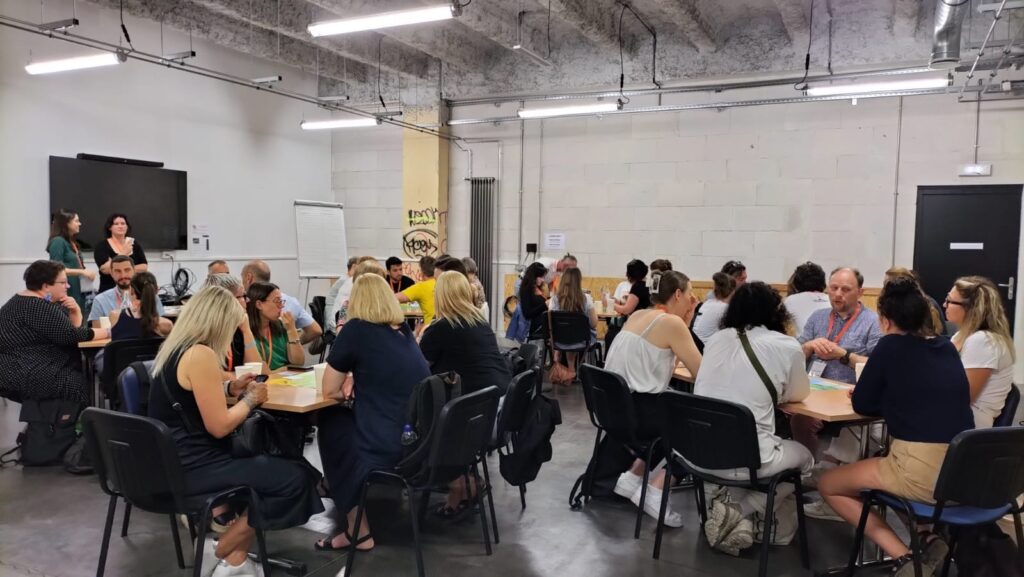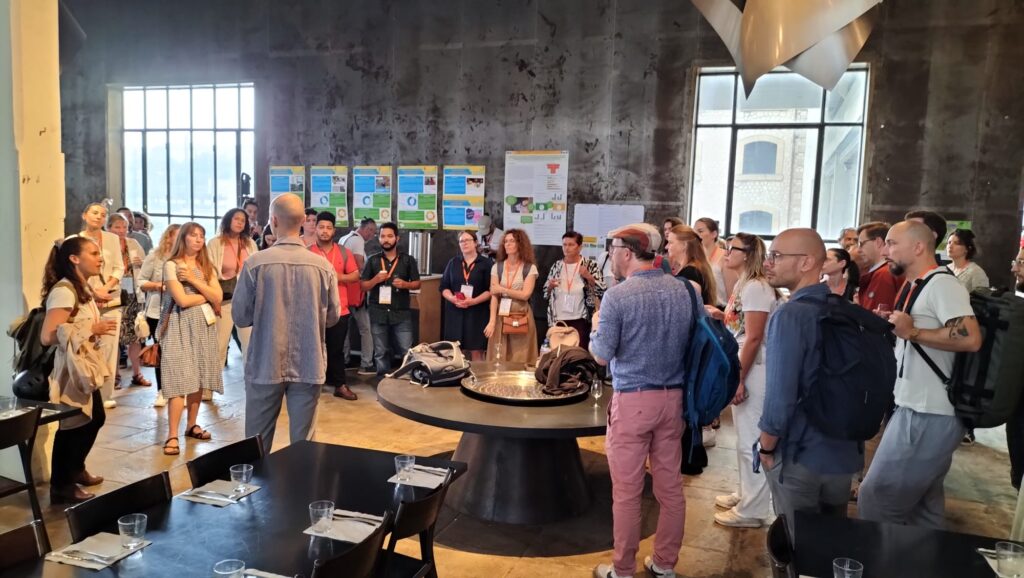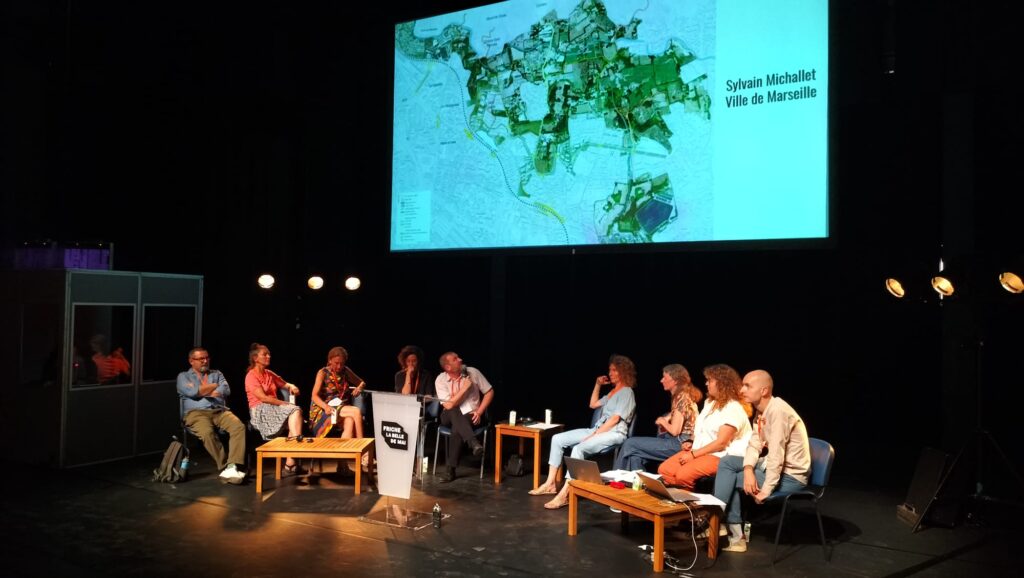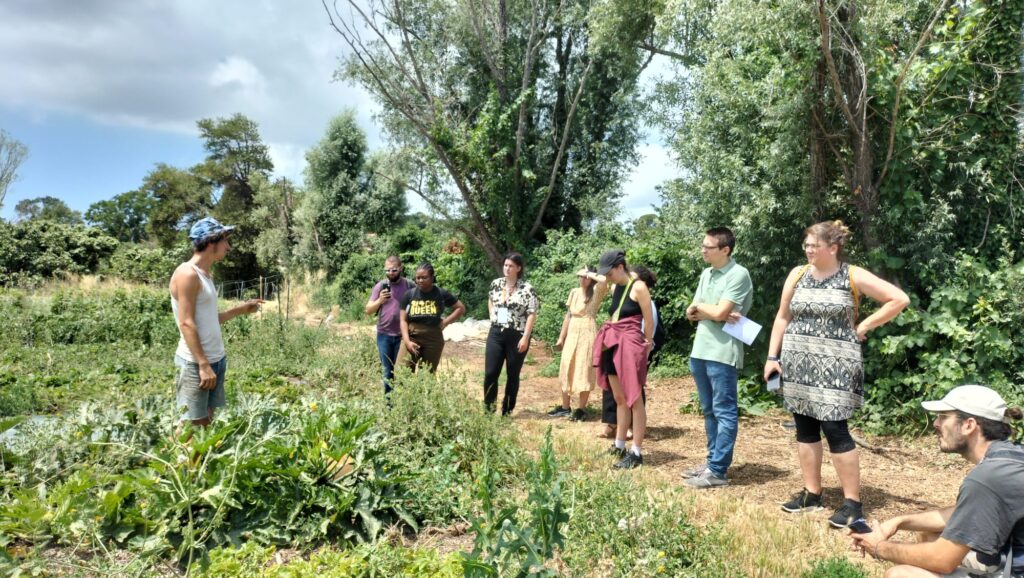The Cities2030 project has entered its final stage, and the last opportunity to meet with project partners took place in Marseille.
To summarize, evaluate, and share the achievements of the #CITIES2030 project, a concluding event was held from June 19th to 21st in Marseille, France. Representatives from the pilot area of the Latvian Rural Forum attended, including project coordinator Aiva Apša-Ķīšeniece, acting executive director Zane Puriņa-Seredina, and Daiga Siliņa from the association “No Salacas līdz Rūjai,” which organized food-related events for children and youth within the project. Alongside the Latvian Rural Forum, partners from the Vidzeme Planning Region also participated.
This nearly four-year-long project, part of the EU Horizon 2020 research and innovation support program, aims to create sustainable and secure food systems to achieve the “Food2030” goals (CITIES2030). The interdisciplinary project involves 41 partners from 20 countries, including Latvia. Its primary objective is to address the challenges of sustainable food systems and promote the implementation of the “Farm to Fork” strategy, ensuring healthy and locally sourced food for everyone in Europe.
The event included a conference dedicated to the transformation of city-region food systems, the #CITIES2030 General Assembly, and other related activities.
The conference focused on policy innovations, best practices, and community engagement examples in the food systems of the Marseille city-region. Discussions also covered the city’s plans to become climate-neutral by 2030. Additionally, strategies to improve sustainable food production and consumption, raise public awareness on environmental issues, and integrate ecological solutions into urban infrastructure were analyzed.
The General Assembly provided an overview of the achievements in partner countries and organizations, presenting project outcomes such as research and survey results, as well as the established data exchange platform. Participants were also informed about the remaining tasks to be completed before the project’s conclusion in September.
Two parallel working group sessions took place during the event, fostering discussions and providing valuable opportunities for networking and idea exchange on key topics related to city-region food systems. Participants actively engaged using gamification elements to share experiences gained from living labs. Attendees gained insights into blockchain solutions and “digital twins” and were introduced to the #CITIES2030 Observatory online platform, which could become a valuable resource for European researchers, policymakers, and other stakeholders.
All these approaches and solutions aim to support partner countries in transitioning to more sustainable food systems.
The #CITIES2030 project aims to address sustainable food system challenges, support, and promote the implementation of the “Farm to Fork” strategy, ensuring healthy and locally sourced food for everyone in Europe. The project involves 41 partners from 20 countries.
This project has received funding from the European Union’s Horizon 2020 research and innovation programme under grant agreement No 101000640.




